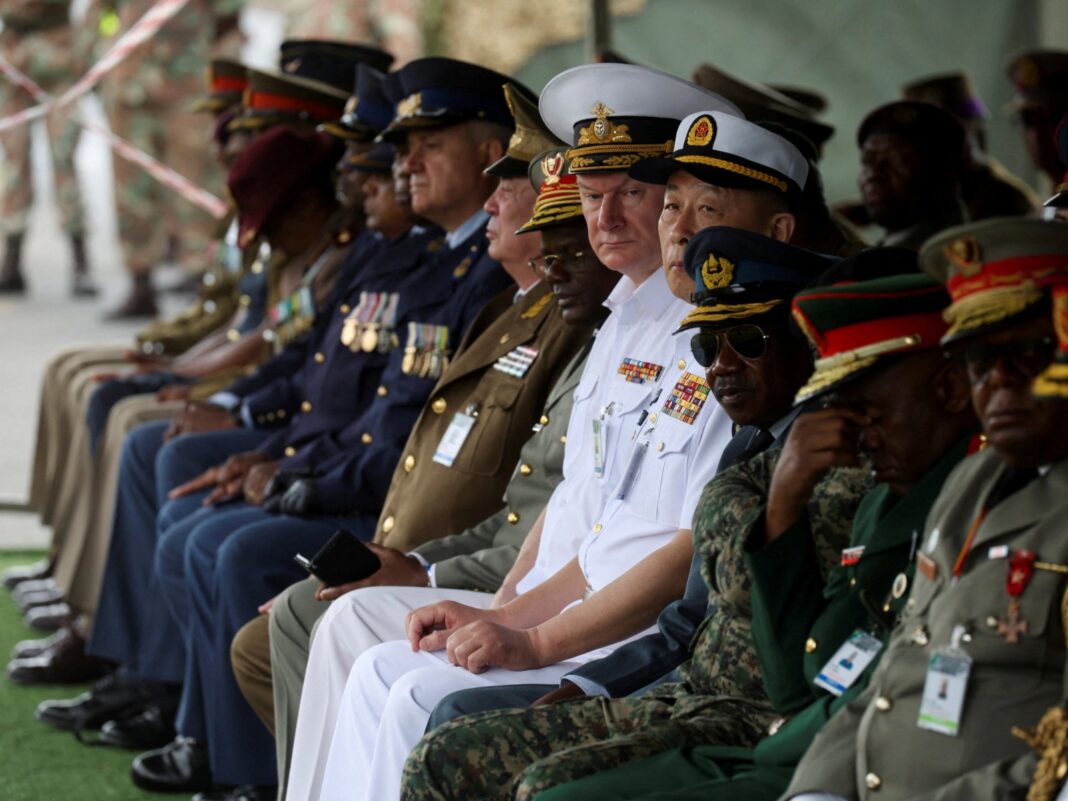Cape Town, South Africa, May 16: South African Army Chief, Lawrence Mbatha, participated in a bilateral meeting in Russia, to enhance military ties and engage in discussions with Russian officials, despite recent allegations by the United States regarding arms supply to Russia.
The South African National Defence Force( SANDF) clarified that the meeting had been prearranged and was part of their ongoing defence relations with various countries.
The timing of the visit, however, has drawn attention, as it comes just days after the US ambassador to South Africa, Reuben Brigety, made public statements alleging that weapons and ammunition were loaded onto a Russian cargo ship, Lady R, at a Cape Town naval base in December. The ship subsequently returned to Russia, according to the ambassador’s claims.
These allegations of arms supply have not been well-received in the South African capital, with President Cyril Ramaphosa’s office expressing disappointment over the US ambassador’s “counterproductive public posture.”
In response, President Ramaphosa has announced the launch of an inquiry led by a retired judge to investigate the allegations.
The US ambassador’s assertion that South Africa’s actions are not in line with those of a non-aligned country has also been met with disagreement.
South Africa has maintained a position of non-alignment in the ongoing Ukraine war, abstaining from voting on United Nations resolutions related to the conflict.
President Ramaphosa, on many occasions, has reiterated the country’s non-aligned stance and called for a peaceful resolution to the conflict.
However, this neutrality has been met with skepticism from the West, which criticizes South Africa for not openly condemning Putin’s actions in Ukraine.
In the month of February, the United States voiced concerns regarding South Africa’s military exercises with Russia and China, which were defended by President Ramaphosa as exercises between friendly nations.
Furthermore, in August, South Africa will personally host President Putin for the BRICS Summit, alongside Chinese Premier Xi Jinping and Indian Prime Minister Narendra Modi.
The historical ties between Moscow and the ruling African National Congress (ANC) date back to the anti-apartheid struggle, and military cooperation between the two countries has grown stronger over time, reflecting a recent shift towards non-Western strategic alignment in the Eastern and Southern parts of the world.
The West’s attempts to isolate Russia internationally have faced obstacles, as economic sanctions have proven ineffective in denting the Russian economy.
Losing diplomatic support from an African powerhouse like South Africa could weaken the West’s position in any future peace negotiations.
For the West to garner diplomatic support from neutral nations, particularly those in the Global South, it is crucial to depart from the “with us or against us” approach.
Given South Africa‘s deepening economic and energy crisis, as well as its significant economic interdependence with the United States and Europe, it is imperative for the country to maintain its asserted neutrality.






